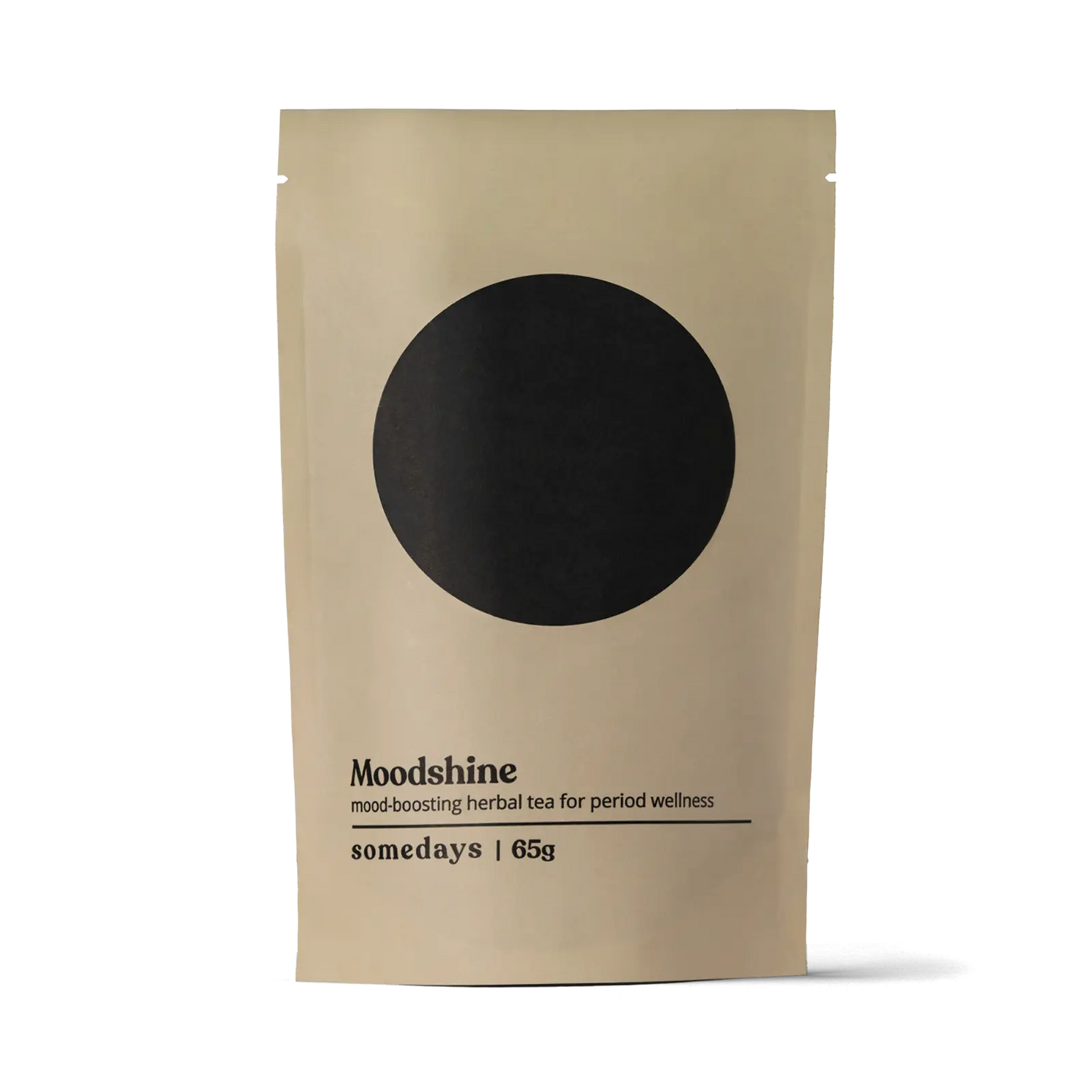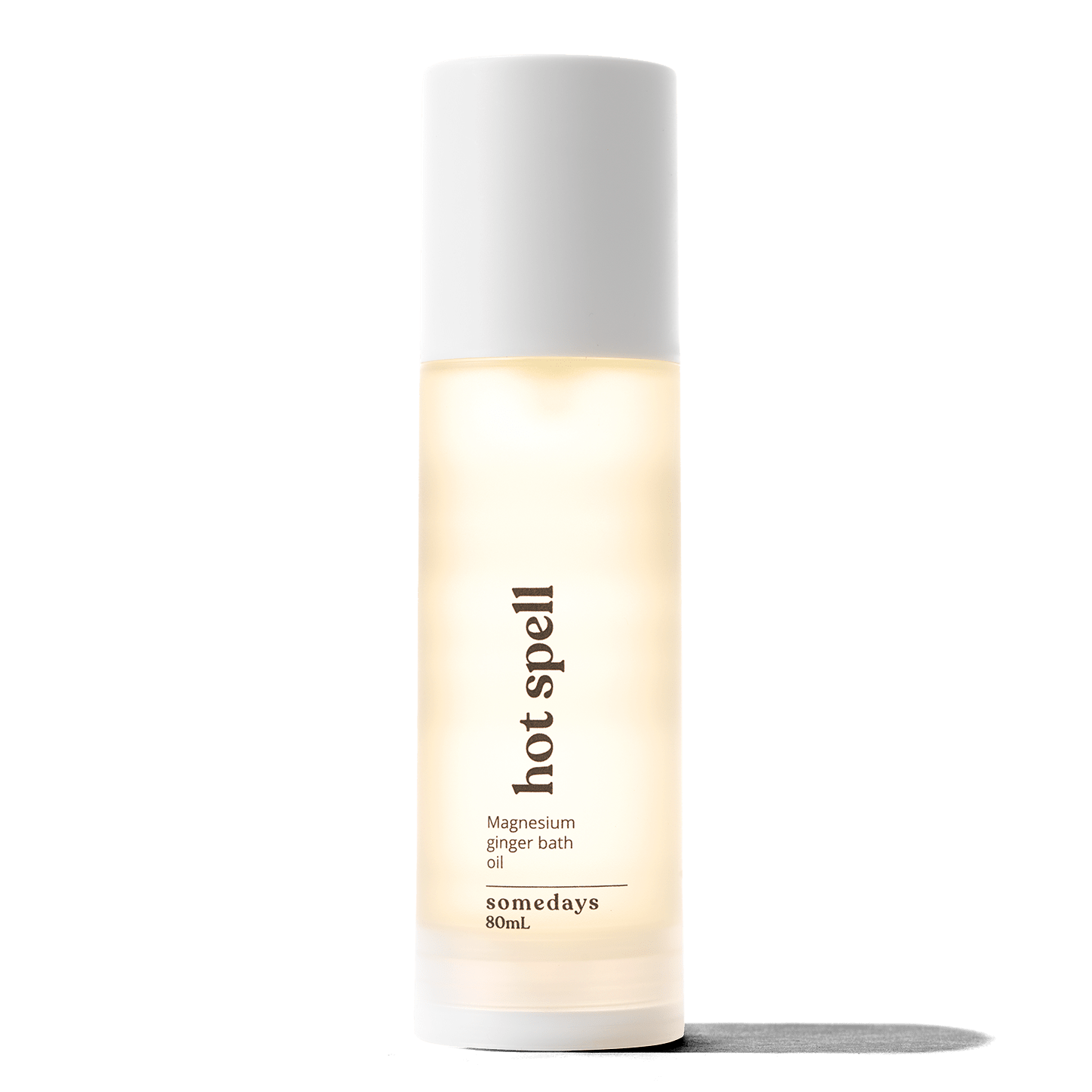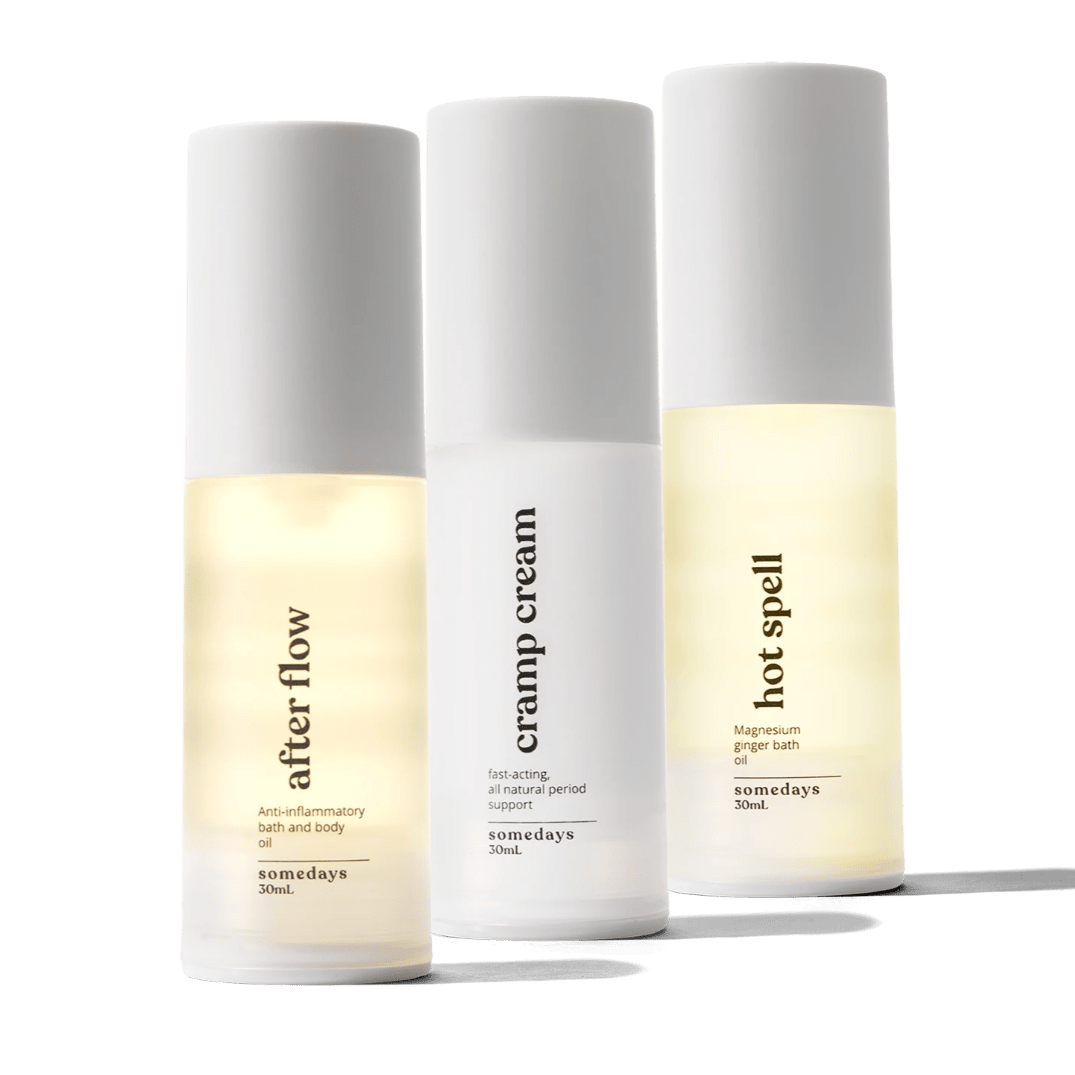9 Non-Hormonal Options to Relieve Period Pain

I vividly remember the first time I experienced period pain that brought me to my knees. I was in high school, trying to concentrate on an exam while feeling like my insides were twisting. It felt like there was no escape, and I knew I wasn’t alone in this struggle.
Fast forward to today, and I’ve explored numerous non-hormonal options to help manage that all-too-familiar menstrual pain. If you’re searching for natural relief, especially if you’re suffering from endometriosis or dysmenorrhea, there are plenty of evidence-based methods to help you feel more comfortable during your cycle.
Heat Therapy
Applying heat to your lower abdomen can be incredibly effective for relieving menstrual cramps. Studies have shown that heat therapy can help relax the muscles of the uterus and increase blood flow, which can reduce pain. Using a Heat Pad, or even taking a warm bath can provide significant relief. You can double up your benefits by adding a magnesium oil, like Hot Spell, to your bath too. Heat works by relaxing tense muscles and improving circulation, which helps to alleviate cramping. This simple method can make a substantial difference in how you feel during your period.
Herbal Teas
Herbal teas like chamomile, ginger, and red raspberry leaf are well-known for their anti-inflammatory and muscle-relaxing properties. Research indicates that ginger tea, in particular, can be as effective as nonsteroidal anti-inflammatory drugs (NSAIDs) for reducing period pain. Research also suggests that red raspberry leaf tea may help alleviate menstrual pain due to its high content of fragarine, a compound that can help tone and relax the uterine muscles, potentially reducing cramps and discomfort during menstruation.
These teas not only provide a soothing effect but also help to calm the digestive system, which can be beneficial if you experience nausea during your period. Sipping on a warm cup of herbal tea can be a comforting and effective way to manage menstrual discomfort.
Dietary Changes
The foods you eat can have a significant impact on your period pain. Incorporating more anti-inflammatory foods, such as salmon, flaxseeds, and walnuts, can help reduce inflammation and alleviate cramps. Magnesium-rich foods like leafy greens, nuts, and seeds are also beneficial as they help relax muscles and reduce pain. Limiting your intake of caffeine and alcohol can further help manage symptoms. A balanced diet rich in nutrients can support overall menstrual health and reduce the severity of period pain.
Light Movement
Engaging in light physical activity can help alleviate period pain by releasing endorphins, which are natural painkillers. Gentle exercises like yoga, walking, and swimming are particularly effective. Yoga poses that target the lower back and abdominal muscles, such as the child's pose, cat-cow stretch, and reclining twist, can be especially helpful. These movements help improve circulation, reduce muscle tension, and promote relaxation, making them excellent options for managing menstrual cramps.
Topical Products
Topical products like Belly Jelly (made from castor oil), Cramp Cream (made with arnica) and Hot Spell (made with magnesium and ginger oil) can provide targeted relief for menstrual pain. Ingredients like arnica have anti-inflammatory properties that can help reduce pain and swelling when applied to the skin. Magnesium, on the other hand, is known for its muscle-relaxing benefits. A warm magnesium bath can help ease cramps and promote relaxation. Castor oil has long been touted for its anti-inflammatory properties, making it a popular natural remedy for period pain. Applying castor oil to the abdomen can help reduce cramping and muscle spasms by promoting circulation and relaxing the uterine muscles.
These topical treatments are easy to use and can offer significant relief from menstrual discomfort.
Acupuncture
Acupuncture is an alternative therapy that involves inserting thin needles into specific points of the body. Studies have shown that acupuncture can help reduce menstrual pain by promoting the release of endorphins and improving blood flow. This therapy can be particularly effective for individuals who prefer non-pharmacological treatments. Regular acupuncture sessions can help manage period pain and improve overall menstrual health.
Massage Therapy
Massage therapy can also be beneficial for managing period pain. Techniques that focus on the lower back and abdomen can help relax tense muscles and improve circulation. Research has shown that massage therapy can reduce the intensity and duration of menstrual pain. Regular massages, whether performed by a professional or through self-massage techniques, can be a valuable addition to your period pain relief routine.
Hydration
Staying hydrated is crucial for managing period pain. Dehydration can worsen muscle cramps and lead to increased discomfort. Drinking plenty of water, throughout the day helps maintain muscle function and reduces the severity of cramps. Herbal teas and electrolyte-rich drinks like coconut water can also support hydration and provide additional benefits for menstrual health. Pro tip: add a pinch of true sea salt to your water for added benefits of magnesium, calcium, and potassium
Stress Management
Managing stress can play a significant role in reducing period pain. High stress levels can exacerbate menstrual symptoms, making pain more intense. Techniques such as meditation, deep breathing exercises, and mindfulness can help reduce stress and promote relaxation. Incorporating stress-reducing practices into your daily routine can improve overall well-being and help manage period pain more effectively.
Period pain doesn’t have to control your life. By exploring non-hormonal options like heat therapy, herbal teas, dietary changes, light movement, topical products, acupuncture, massage therapy, hydration, and stress management, you can find effective ways to manage your discomfort.
We're dedicated to providing natural period pain relief solutions that support your overall health and well-being. Explore our range of products and discover how you can manage your menstrual discomfort naturally.
Join our Betterdays community - a weekly newsletter where we break down the latest (TLDR) news, research and breakthroughs related to your reproductive health—with a splash of humour to get you through the tough days.
Previous Article All Articles Next Article
All Articles


